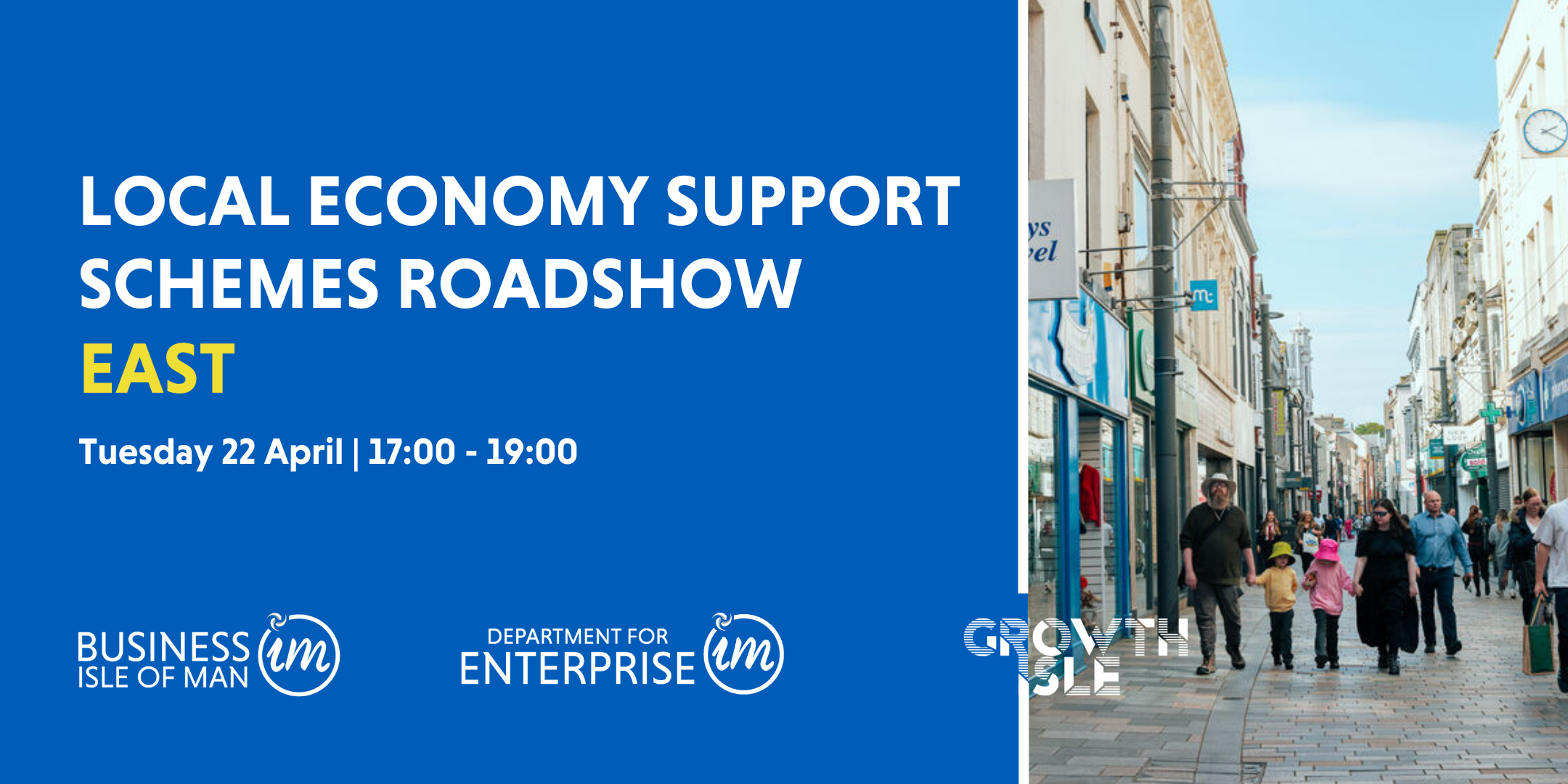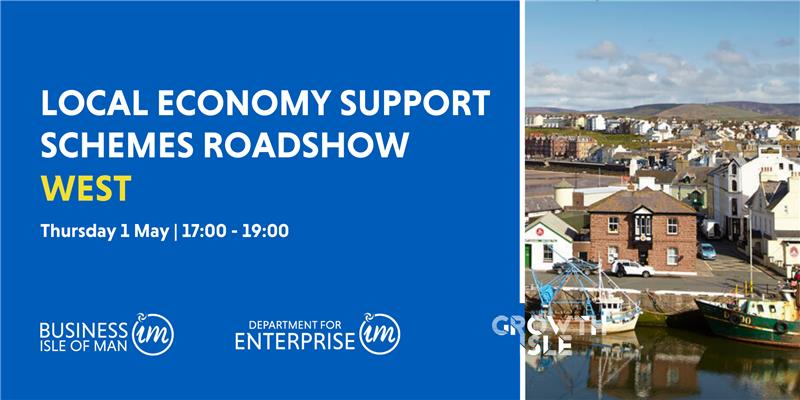COVID BUSINESS GUIDANCE: FAQS
01 April 2022

Changes to the law around COVID-19 isolation regulations mean changes for businesses and how they operate going forward. For more detailed information on guidance for businesses, there is a dedicated web page here for information. For more general information for individuals and moving to an endemic approach to COVID-19, there is a leaflet available to read here.
For Business FAQs, read below.
WORK POLICIES AND SICK PAY
WE DON’T HAVE SICK PAY BUT WE DO HAVE A DUTY OF CARE TO OTHER STAFF, SO SHOULD WE ASK STAFF WHO TEST POSITIVE FOR COVID-19 TO STAY AT HOME?
Although positive cases are no longer legally required to isolate, individuals are strongly advised to stay at home and avoid contact with other people and sensitive locations (such as educational and clinical settings) until 48 hours after their symptoms have stopped. This is a signal of the Government’s move to now start treating coronavirus as an endemic disease similar to other illnesses such as flu and norovirus.
Individuals who are unable to work due to incapacity may be able to claim Incapacity Benefit if they meet certain conditions, including those relating to National Insurance Contributions. This is payable at the rate of £86.55 per week, increasing to £89.25 per week from 11 April 2022.
People who do not qualify for Incapacity Benefit - or who do qualify but do not have enough money to live on - may be able to claim Income Support either instead of, or in addition.
WHAT IS THE POLICY ON STAFF ATTENDING/NOT ATTENDING WORK IF THEY HAVE TESTED POSITIVE FOR COVID-19 - OR IS THIS BEING LEFT TO INDIVIDUAL BUSINESSES TO DETERMINE FOR THEMSELVES?
Although positive cases are no longer legally required to isolate, individuals are strongly advised to stay at home and avoid contact with other people and sensitive locations (such as educational and clinical settings) until 48 hours after their symptoms have stopped. This is a signal of the Government’s move to now start treating coronavirus as an endemic disease similar to other illnesses such as flu and norovirus.
All businesses are asked to support their staff and customers in taking steps to minimise the spread of COVID-19 at any time and to consider what measures they can implement to mitigate risk, including asking staff who test positive for the virus to stay at home. Likewise, if a staff member feels unwell with another illness which could be passed on to other staff and customers, staying at home until they feel better can help to reduce the risk of passing it on. This will help reduce the burden on our health services.
IS ANY ISOLATION REQUIRED IF A STAFF MEMBER TESTS POSITIVE FOR COVID-19 AND HOW ARE EMPLOYERS EXPECTED TO DEAL WITH COVID-19 GOING FORWARD. SHOULD IT NOW BE TREATED AS ANY OTHER ILLNESS?
While there are no legal restrictions in place for businesses anymore, all businesses are asked to support their staff and customers in taking steps to minimise the spread of COVID-19 at any time and to consider what measures they can implement to mitigate risk.
If an employee tests positive for COVID-19, they should be encouraged to stay at home and away from work and sensitive sessions (such as educational and clinical settings) until 48 hours after their symptoms have stopped. If they can and if they are well enough, they could work from home.
The best way to ensure you are protecting your staff and customers is by carrying out a risk assessment which considers and evaluates the health and safety risks, as well as identifying the steps that your business can take to mitigate these risks. A risk assessment does not need to be onerous but should be updated regularly, and communicated clearly to both internal and external stakeholders. Learn more about how to do a risk assessment here.
I WANT TO MINIMISE THE RISK TO MYSELF AND MY CLIENTS AND FOR EACH BUSINESS TO MAKE ITS OWN DECISION (AND NOT COMMUNICATE ITS APPROACH) MAKES RISK ASSESSMENT AND RISK MANAGEMENT ALMOST IMPOSSIBLE IF THEY ARE NOT OPERATING TO A CONSISTENT STANDARD?
While there are no legal restrictions in place for businesses anymore, all businesses are asked to support their staff and customers in taking steps to minimise the spread of COVID-19 at any time and to consider what measures they can implement to mitigate risk.
All businesses are different and will have individual needs and internal policies. There is no ‘one size fits all’ approach to mitigating risk, so this guidance is provided to help you consider what risks are presented, and what actions could be taken. You will need to adapt this into the specific actions you need to take in your own business, depending on the size and type of business you operate.
The best way to ensure you are protecting your staff and customers is by carrying out a risk assessment which considers and evaluates the health and safety risks, as well as identifying the steps that your business will need to take to mitigate these risks. A risk assessment does not need to be onerous but should be updated regularly, and communicated clearly to both internal and external stakeholders. Learn more about how to do a risk assessment here.
WORK PERMITS, VAT, COST OF LIVING CRISIS
I UNDERSTAND THAT THE REMOVAL OF THE REMAINING BORDER RESTRICTIONS MAY HELP BUSINESS REVENUES, BUT COVID-19 FIGURES ARE STILL VERY HIGH. CAN THE GOVERNMENT CONSIDER STOPPING WORK PERMITS FOR AT LEAST MAY TO OCTOBER AND REDUCE VAT ON EVERYTHING IN HOSPITALITY AND EXAMINE AGAIN IN OCTOBER?
On 1 April 2022, the Isle of Man removed all remaining COVID-19 restrictions- a signal of the Government’s move to treat coronavirus as an endemic disease similar to other illnesses such as flu and norovirus.
The reduction of VAT introduced in 2020 was a temporary relief in an urgent response to the coronavirus emergency. Its main objective was to support businesses severely affected by the coronavirus pandemic and social distancing measures. From 1 October 2021 the VAT rate on those services increased to 12.5% for 6 months in order to assist with the transition back to the standard rate of VAT as a means to further assist the most severely impacted businesses. From 1 April 2022, the standard rate of 20% will apply again as part of the Governments move to treat the coronavirus as an endemic disease.
The Hospitality and Tourism Worker Incentive (Appendix 14 of the Financial Assistance Scheme) provides businesses operating in the tourism and hospitality sectors with financial support towards the cost of relocating an employee to the Isle of Man. The support offered to successful applicants through the Incentive is twofold by way of two grants, comprising payment of £500 to the business after issuing the first month’s payslip to a new employee; and a further £500 to the business after the sixth month’s payslip has been issued. More information can be found here.
The Department for Enterprise has also simplified the process to request work permit exemptions for seasonal hospitality workers to support local companies who have been unable to recruit for positions locally. An exemption from work permit requirements for seasonal employment in the hospitality sector will be reintroduced this year to cover the summer season from 1st March 2022 - 31st October 2022. Use of the exemptions is dependent on employees meeting certain criteria, including a minimum of 12 months' work experience in the sector. More information can be found here.
Finally, seasonal migrant visas are now available for the local hospitality sector. This means Isle of Man tourism and hospitality businesses who may be experiencing difficulties recruiting into roles on Island, are able to employ workers from outside of the UK and Ireland with a little more ease. This new route will allow businesses to attract workers from EU countries who wish to work seasonally in the UK but have been unable to do so. More information can be found here.
WHAT SUPPORT IS AVAILABLE TO ADDRESS THE CURRENT CLIMATE OF RISING FOOD AND ENERGY COSTS, DIFFICULTY HIRING STAFF, COVID-19 RELATED ABSENCES?
The Isle of Man Government has been planning a range of responses to the cost challenges facing this Island for a number of weeks. The first step in its response is the introduction of two financial schemes (Energy Support Payment and Family Support Payment) to support those on the lowest incomes and families receiving Child Benefit.
ENERGY SUPPORT PAYMENT
Further to Winter Bonus and Additional Winter Bonus payments made in January and March this year, a £300 Energy Support Payment will be available to households responsible for housing costs and receiving income-related benefit. In addition, people whose incomes are marginally above the levels at which Income Support would be payable may be able to claim a proportion of the Energy Support Payment. The total cost of this measure is estimated to be just over £1m, benefitting up to 3,500 households.
FAMILY SUPPORT PAYMENT
Additionally, £1.8million will be available to help more than 6,000 families in our community through a Family Support Payment for families receiving Child Benefit. This will provide all families receiving full rate Child Benefit with £300 per household, with a reduced rate payable to those whose household income is assessed as being between £50,000 and £80,000. Furthermore, an additional £50 will be paid to all families receiving Child Benefit with at least two children, and £100 for families with at least three children. The payments for additional children will not be reduced according to household income.
The Department for Enterprise and Treasury will continue to monitor the situation and the impact it may be having on individuals and businesses and respond accordingly.
LOCAL SPENDING INCENTIVES
WILL THE GOVERNMENT BE INJECTING STIMULUS TO HELP ENCOURAGE LOCAL SPENDING ONCE THE BORDER RESTRICTIONS ARE REMOVED AND THE LOCAL ECONOMY HAS EASIER ACCESS TO OFF-ISLAND SPENDING?
On 1 April 2022, the Isle of Man will remove all remaining COVID-19 restrictions. This change includes the lifting of all remaining border restrictions, including the need for isolation or testing for all travellers, and the requirement to complete a travel declaration, or landing card. In turn, this makes the Isle of Man easier for prospective visitors to visit- providing local businesses with a new audience to attract in addition to residents, who as a result of taking a local staycation over the last two years, are now advocates of the Island and more likely to invite their off-island friends and families to visit.
The Love IOM gift card will also continue to be promoted throughout the year with new initiatives planned to support spending with the fantastic businesses we have on the Island. Find out more and become a Love IOM merchant for free here.
The Department for Enterprise also has a number of opportunities for creating and developing your business in the Isle of Man, including a Business Improvement Scheme designed to help businesses engage external consultants to undertake projects such as website development and marketing.
If you have questions about a specific support scheme, want to confirm your eligibility, or would like an informal chat about the support options available to your business, our dedicated team are here to help. Please complete the Business Support Enquiry Form and a member of the team will be in touch.
TRAVEL AND TOURISM BUSINESSES
WHAT GUIDANCE IS BEING GIVEN TO HOSPITALITY, CATERING AND TRANSPORT SERVICES?
Although positive cases are no longer legally required to isolate, individuals are strongly advised to stay at home and avoid contact with other people and sensitive locations (such as educational and clinical settings) until 48 hours after their symptoms have stopped. This is a signal of the Government’s move to now start treating coronavirus as an endemic disease similar to other illnesses such as flu and norovirus.
All businesses across all sectors are asked to support their staff and customers in taking steps to minimise the spread of COVID-19 at any time and to consider what measures they can implement to mitigate risk, including asking staff who test positive for the virus to stay at home. Likewise, if a staff member feels unwell with another illness which could be passed on to other staff and customers, staying at home until they feel better can help to reduce the risk of passing it on. This will help reduce the burden on our health services.
The best way to ensure you are protecting your staff and customers is by carrying out a risk assessment which





